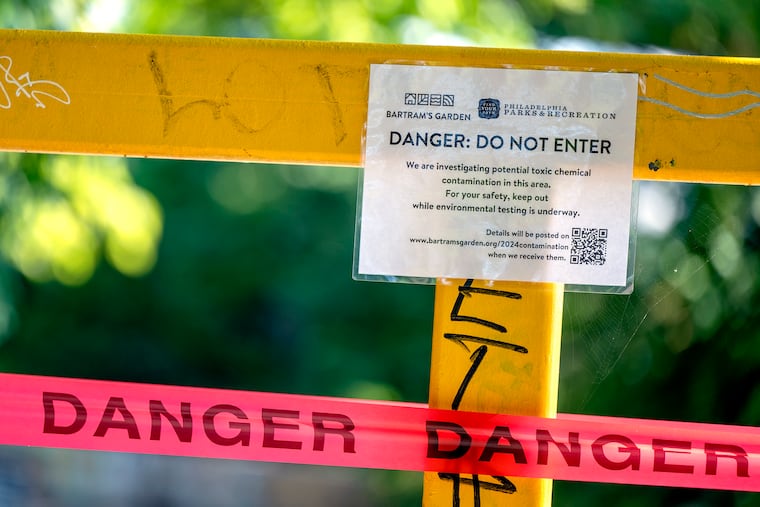Philadelphians call for improved air and water quality instead of tax abatements as a return on community investments.
In a striking examination of environmental decay, Pennsylvania presents alarming realities that resonate with themes found in Dante’s “Inferno.” Instead of the fictional landscapes crafted by the Italian poet, residents of Pennsylvania encounter tangible, destructive conditions shaped by decades of industrial activity. The once-prosperous manufacturing hubs in the state now bear a heavy burden, as toxic air and contaminated water persistently plague many communities.
Philadelphia, in particular, has emerged as a case study in persistent urban pollution, where industrial mishaps—such as chemical spills and gas leaks—have transformed into unsettling norms rather than isolated incidents. The recent increase in incidents, including home explosions, has heightened community anxieties concerning safety and health. The infamous South Philadelphia refinery released hundreds of tons of hazardous air pollutants in 2013, exemplifying the dire consequences of industrial negligence.
The hazardous realities are not merely abstract statistics; they affect the day-to-day lives of residents who grapple with respiratory issues and unbearable living conditions. A notable gas main rupture this year forced the evacuation of Central High School, a stark reminder of the dangers posed by outdated infrastructure managed by Philadelphia Gas Works. With a significant portion of their pipeline network comprised of aging materials, concerns about public safety grow as the risks of natural gas explosions loom large over the community.
Additionally, Pennsylvania’s history of coal mining continues to haunt its landscape. The state is home to over 11,000 abandoned mines, many of which remain unaddressed, posing ongoing health risks to local populations. Regulatory responses have been slow, often resulting in residents taking it upon themselves to monitor dangerous situations, further illustrating the failures of state oversight.
Under current political and economic structures, there is a tendency to favor development projects that prioritize wealth creation for a select few at the expense of long-standing communities. Initiatives led by governmental bodies often emphasize redevelopment without adequately addressing the environmental issues brought about by previous industrial activities. Philadelphia’s burgeoning warehouse district, for instance, has been touted as a new opportunity yet constructed upon the toxic remnants of past exploitation.
As the narrative of continued environmental negligence plays out in real time, solutions from other regions are highlighted as possible pathways to healing. Cities across the United States have begun initiatives to replace aging infrastructure and transition away from fossil fuels, proving that change is attainable. The reality remains unsettling for the citizens of Pennsylvania, who find themselves caught in a cycle of pollution and neglect, requiring active and sustained advocacy to demand accountability from both local and state leaders.
Moving forward, it is essential that the voices of residents are amplified to challenge both the prevailing apathetic attitudes and the systemic structures that prioritize profit over people. The health and safety of communities should not be sacrificed for the sake of development, and a united approach is crucial for ensuring that Pennsylvania’s residents have access to safe environments, clean air, and potable water—a right that should be afforded to everyone.
Only through concerted action, public advocacy, and a commitment to address these pressing issues can Pennsylvania hope to emerge from the shadows of its industrial past and pave the way for a healthier and more equitable future. In this context, the desire for change is not merely a call for improved environmental policies but a fundamentally human demand for dignity, safety, and respect.
Media News Source







